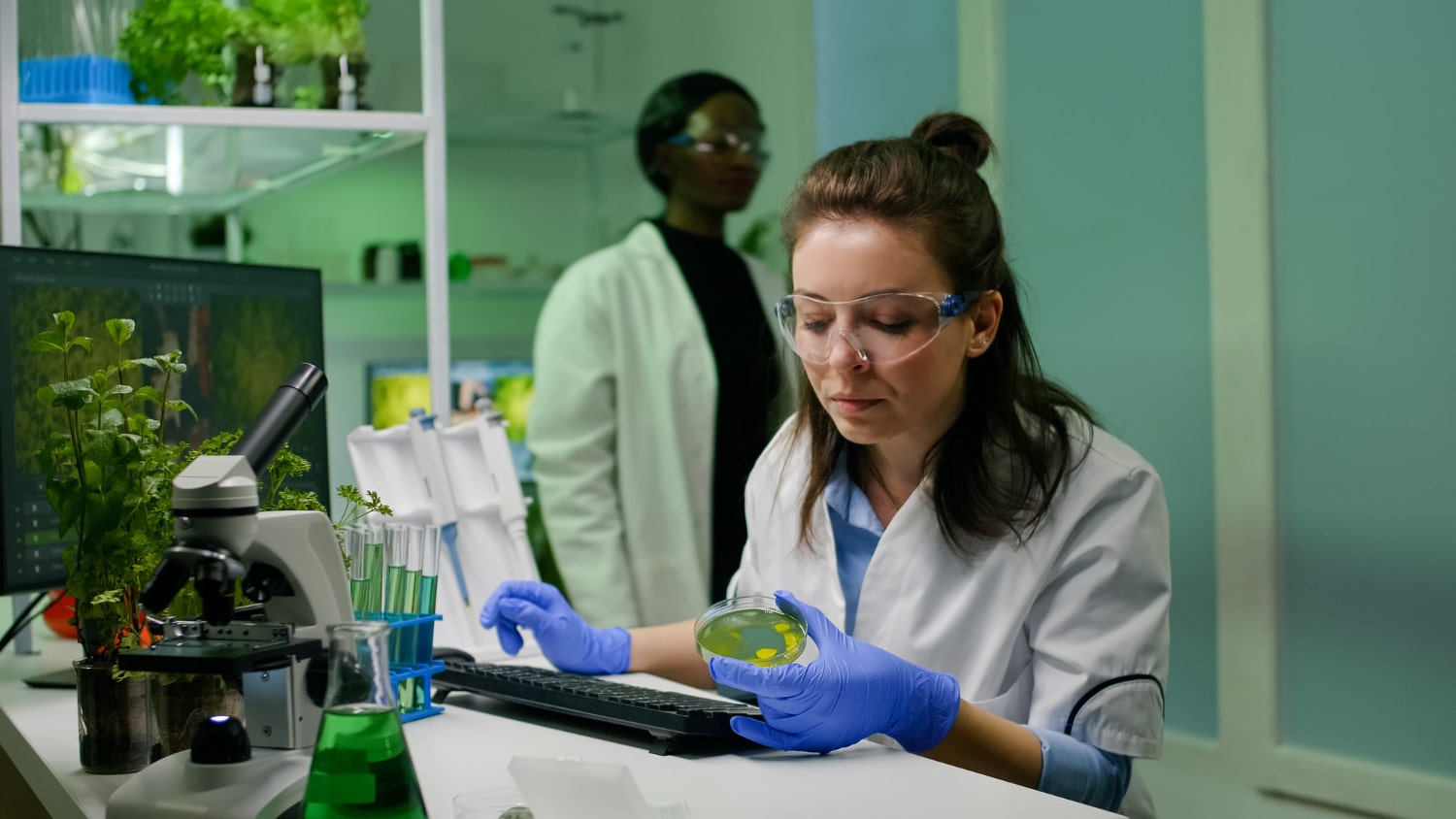Scientists successfully grow part-human part-pig kidneys to solve transplant crisis
Researchers have successfully cultivated part-human, part-pig kidneys within pig embryos, ushering in a new era of organ transplantation possibilities. At the forefront of this scientific breakthrough are experts from the Guangzhou Institute of Biomedicine and Health, the Chinese Academy of Sciences. Their innovative approach involved modifying early-stage pig embryos using CRISPR technology, ensuring that these […] The post Scientists successfully grow part-human part-pig kidneys to solve transplant crisis appeared first on LifeSci Voice.

Researchers have successfully cultivated part-human, part-pig kidneys within pig embryos, ushering in a new era of organ transplantation possibilities.
At the forefront of this scientific breakthrough are experts from the Guangzhou Institute of Biomedicine and Health, the Chinese Academy of Sciences. Their innovative approach involved modifying early-stage pig embryos using CRISPR technology, ensuring that these embryos would not develop their own kidneys. Subsequently, they engineered human pluripotent stem cells (PSCs) to enhance their compatibility with the transplantation process into the modified pig embryos. These PSCs were subjected to a specialized culture solution to revert them to an earlier developmental stage, rendering them more conducive to integration into the pig embryos. The researchers then introduced these modified human cells into the embryos.
A crucial step was taken to prevent pig cells from outcompeting human cells—a challenge that has thwarted prior attempts to cultivate human organs in pigs. The embryos were cultivated for a week in a tailored solution, providing each cell type with the specific nutrients needed for growth.
Following these preparations, the embryos were transplanted into 13 surrogate mother pigs. After 28 days, the researchers carefully removed the developing kidneys. While only five of the transplanted embryos were deemed of sufficient quality for analysis, the results were promising. These kidneys were in the process of normal development, showing signs of forming tubules and early-stage cells that would eventually mature into the connective tissue linking the kidneys to the bladder. Although the vasculature cells were of pig origin, other components of the organ were predominantly human.
The implications of this breakthrough are profound. While acknowledging that the path ahead is laden with ethical and technical challenges, the researchers believe that it might be plausible to generate fully functional human kidneys inside newborn pigs.
However, ethical concerns loom large in the path forward. The presence of a few human pluripotent stem cells in the pig embryos’ brains raised ethical questions. While this was not an immediate concern, as the embryos did not develop to full term, it highlights the need for further safeguards. Turning off genes that promote the differentiation of human pluripotent stem cells into brain cells or germ cells could mitigate this risk but might also hinder kidney development.
Beyond ethical considerations, there are also technical issues to address. The genetic engineering used to facilitate human pluripotent stem cell growth in the embryos may have unintended consequences. Overexpression of specific genes, including one linked to cancer, raises concerns about the long-term impact on these cells. This could affect the clinical viability of the biological material produced in this process.
The post Scientists successfully grow part-human part-pig kidneys to solve transplant crisis appeared first on LifeSci Voice.
What's Your Reaction?

































